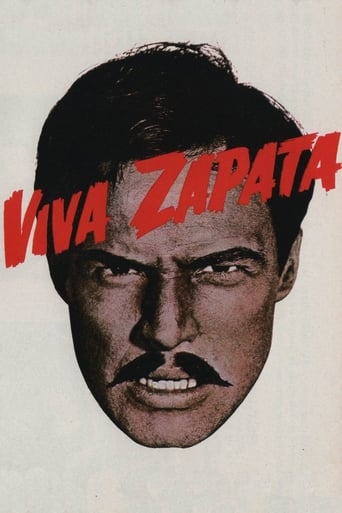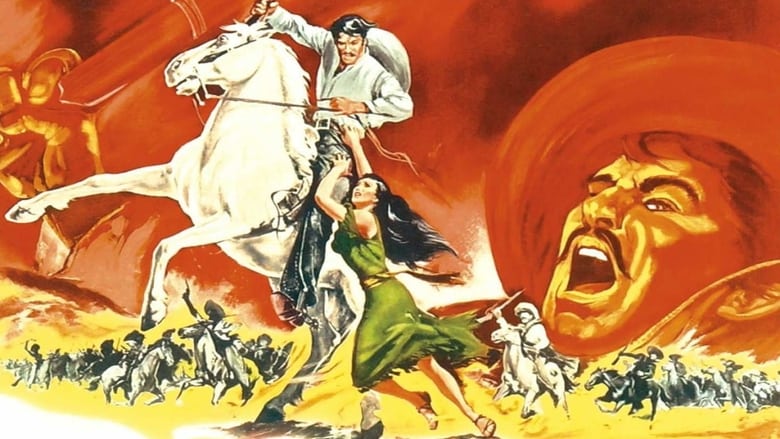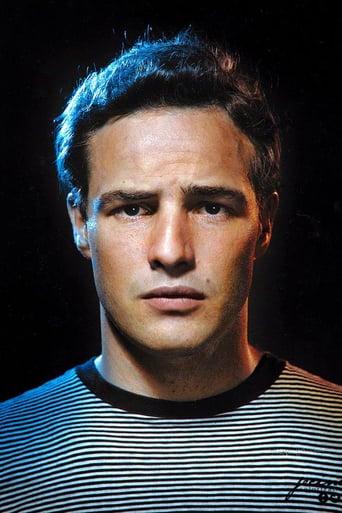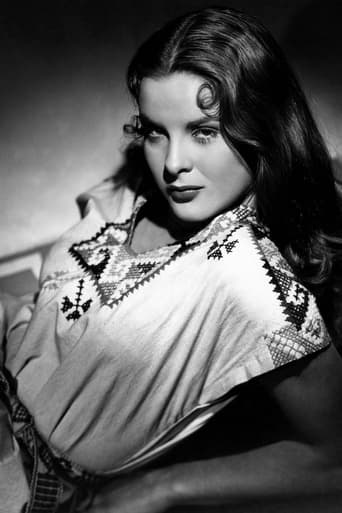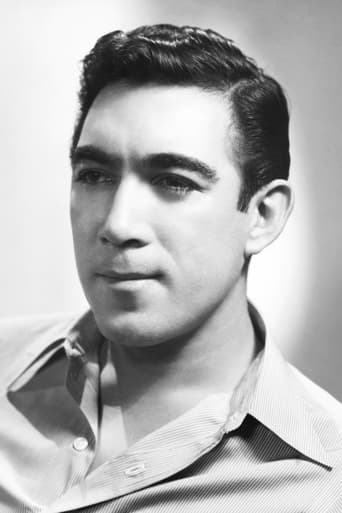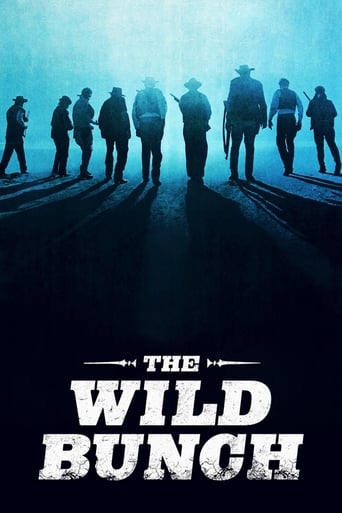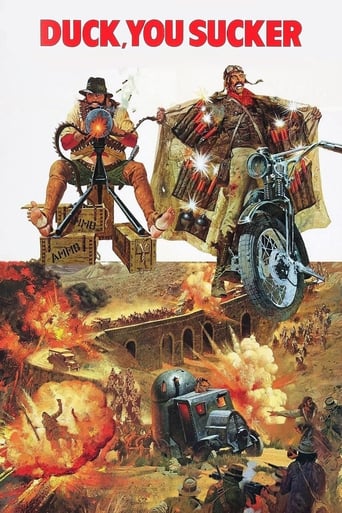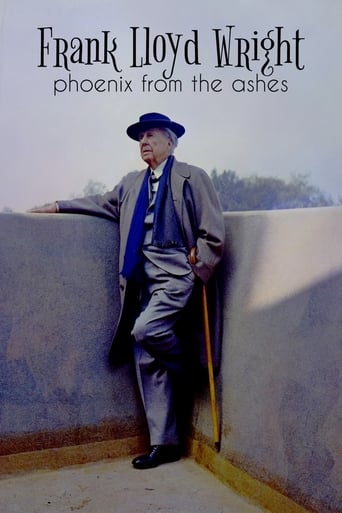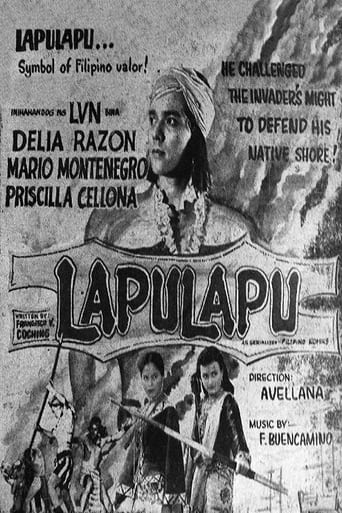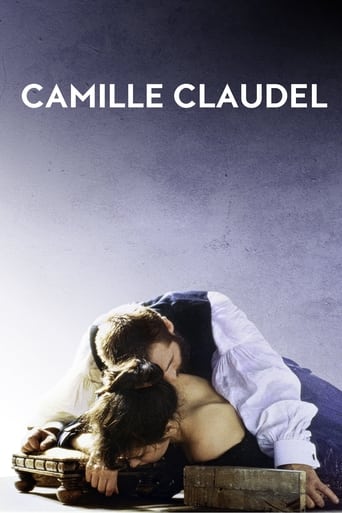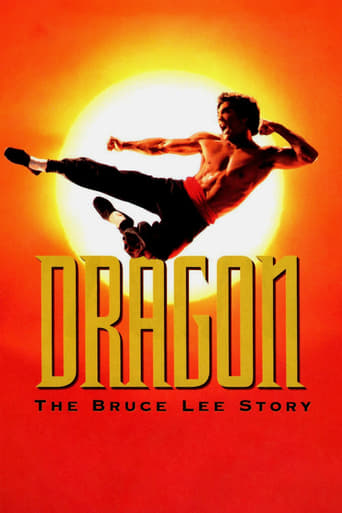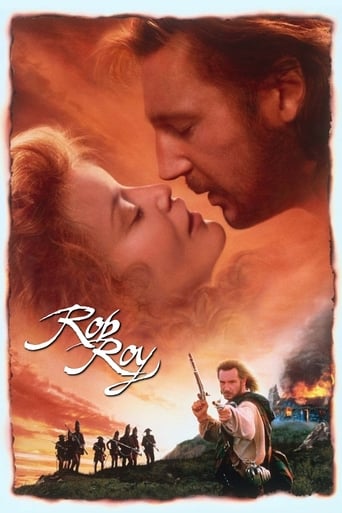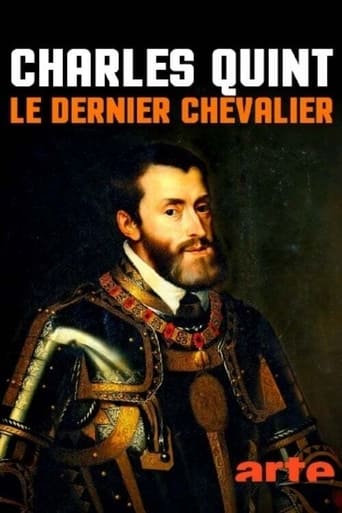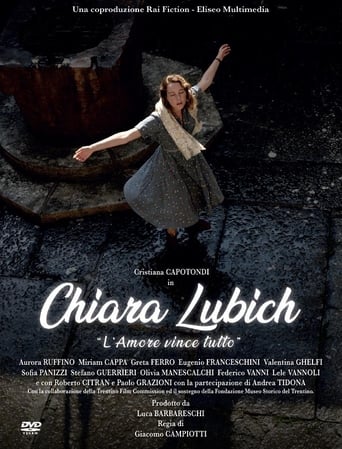Viva Zapata! (1952)
The story of Mexican revolutionary Emiliano Zapata, who led a rebellion against the corrupt, oppressive dictatorship of president Porfirio Díaz in the early 20th century.
Watch Trailer
Cast


Similar titles
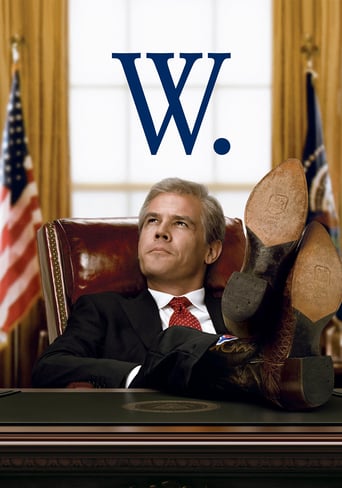
Reviews
You will be entertained and given a little course in Mexican history when you watch this little time well spent movie. Second reason to watch? Marlon Brando who by now was feeling his oats and his power and learning how to command it. Nice portrayal of simple life in the Mexican culture consisting of tortillas, beans, hard work, humility and comraderie. We are reminded of just how simple life can be when watching this movie. another dynamic presented is standing up for a cause and how one should do whatever it takes if they believe they have righteousness on their side even unto the giving of their life. Vintage movie watching and enjoy Anthony Quinn in a supporting role. I say ....
Few actors (I can think of none) who actually live the scenes they are in rather than act them. Brando is in a class of his own. Here are a few scenes that capture the depth of Brando's skills. The best one is the scene in the church where he tries to propose to Josepha. It goes from deep anger to incredible tenderness. He actually physically hurts Jean Peters in this scene before capturing her heart. Another one captures the depth of his anguish when he holds his brother in his arms after the latter is assassinated. It cannot but bring tears to one's eyes. There are many many more in this wonderful movie which is directed exquisitely by Elia Kazan..Viva Brando!
Great Kazan film with an amazing performance by Brando in one of his earliest (and best) roles. He is the Mexican revolutionary, who goes from a simple man of the land to seizing political control after seeing the injustices committed against his fellow men. But power corrupts, and Kazan's (who would famously testify against others in Hollywood in the McCarty trials)point really does not seem to be solely Anti-Communist. Emiliano Zapata, as played by Brando, is a beautiful, simple man, whose ideals are used as a pawn by others. Jean Peters plays his wife, and she is convincing. Anthony Quinn won the Best Supporting Actor award for his role as Brando's brother, and the scene where Brando is compelled to execute Quinn is highly emotionally charged. Kazan is not really known as an action director; his "action" scenes in "Streetcar" and "Waterfront" are generally regarded as the weakest parts of the film's (though they are both still pretty much perfect). But he does well here, and the guy really was a great director. The script by John Steinbeck is not too shabby either. I loved the intimate wedding night scenes between Brando and Peters. So real. Brando's performance is just amazing, I might even go so far as to suggest its the best thing he did after "Waterfront" and "Streetcar".
I recall seeing this one while still at school in 1954; I was much impressed by the battle scenes, the struggles of the Mexican peasants and, of course, the assassination of Zapata (Marlon Brando) at the hands of his betrayers (that's common knowledge and no spoiler for this narrative).Seeing it again recently, those impressions still remain and are now reinforced with this repeat viewing so long after. Now, in addition, I can appreciate the fine script by John Steinbeck, the capable direction by Elia Kazan, the simple but so effective black and white cinematography and the quality of the overall production under the ever-watchful eye, no doubt, of Darryl F. Zanuck.This is a film worthy to be called a classic: an epic story of the struggle for democracy during the turbulent times of the early 20th century and is, arguably, a depiction of the first great proletarian uprising of modernity which, as some would say, began in 1910.Sensibly, the production team chose to portray a very human story about a visionary but simple man who was thrust into open rebellion to help his people achieve democracy. The fact that Zapata failed in his cause before he died is neither here nor there, because this is the story about the struggle and not the end.As Zapata, Brando is nigh on perfect, even down to the large droopy mustache, wide sombrero and dark eyes (look up photos of Zapata on the web); Anthony Quinn as Zapata's brother, Eufemio, is mercurial, boastful, resourceful, arrogant and deadly; the lovely Jean Peters acquits her part of Josepha competently, looking radiant in white a lot of the time; and Joseph Wiseman as Aquirre provides the quintessential turncoat character, developing it into something almost Shakespearean.Take particular note of the one-liners and sparkling repartee, most of which I'd missed or had forgotten after I first saw this film. The long scene when Zapata comes courting to the parents of Josepha is a sheer delight; the first meeting of Zapata and Aquirre is riveting and funny; and, watch Aquirre's face, much later, when he prevents a messenger from delivering an urgent letter because Zapata "is busy" disposing of a traitor who was once a trusted friend.Add to all that the madcap innocence, even naiveté, of President Madero (Harold Gordon), the affable and unctuous Pancho Villa (Alan Reed) and the slimy and slippery General Huerta (Frank Silvera), and you have a film and story that begs to be seen and appreciated.Highly recommended for all.

